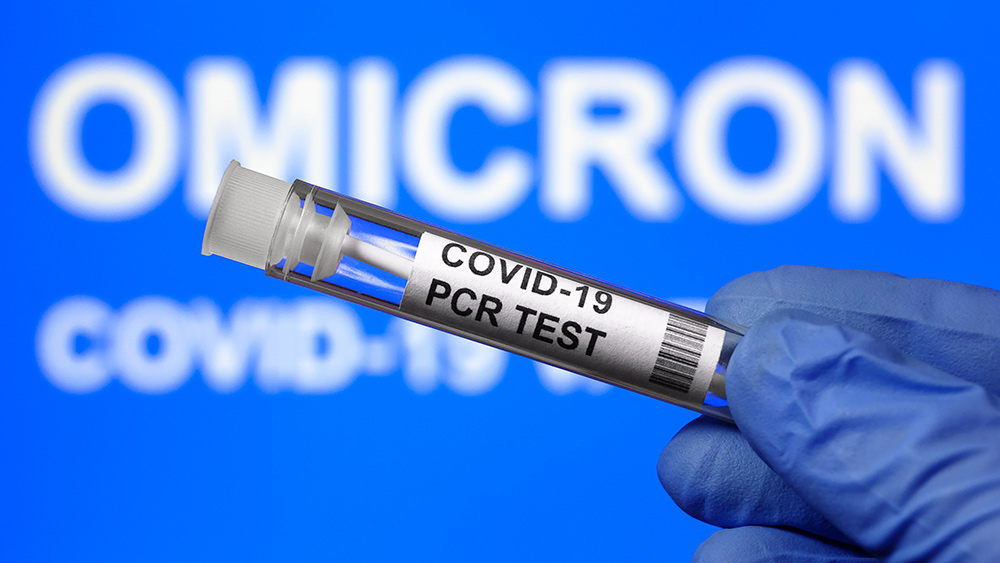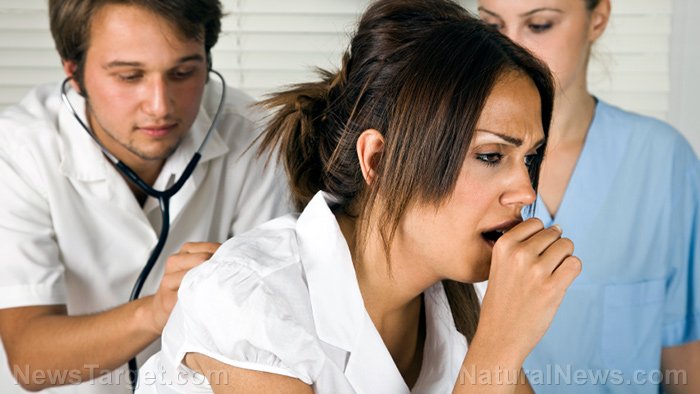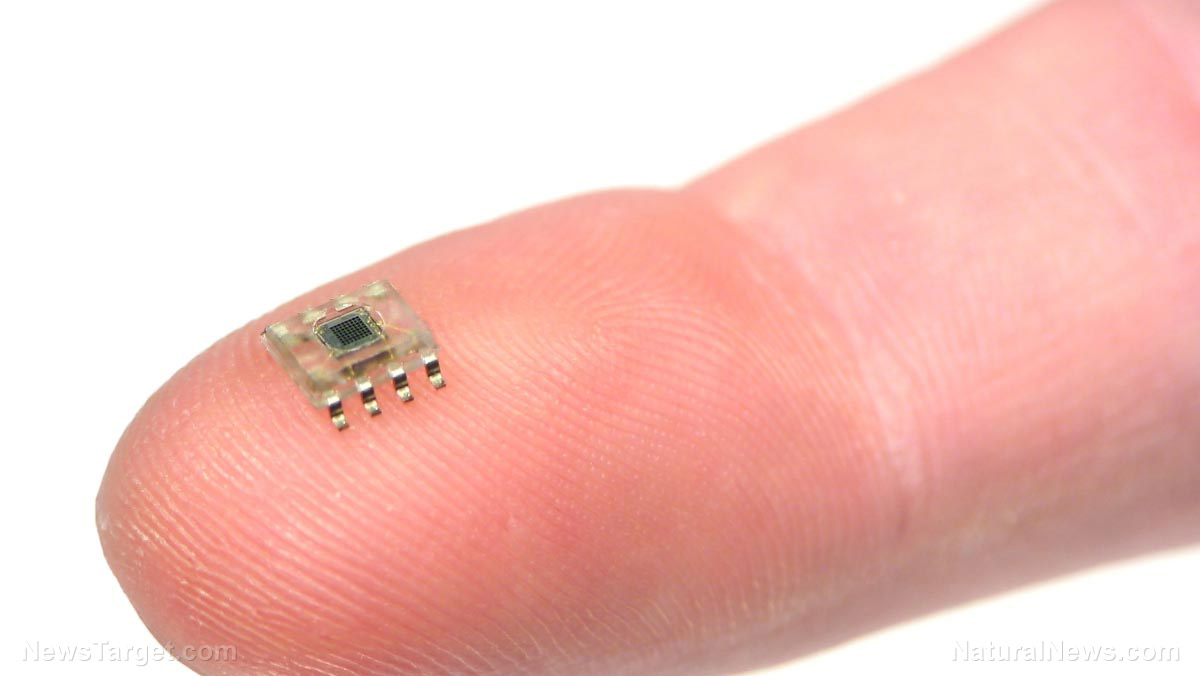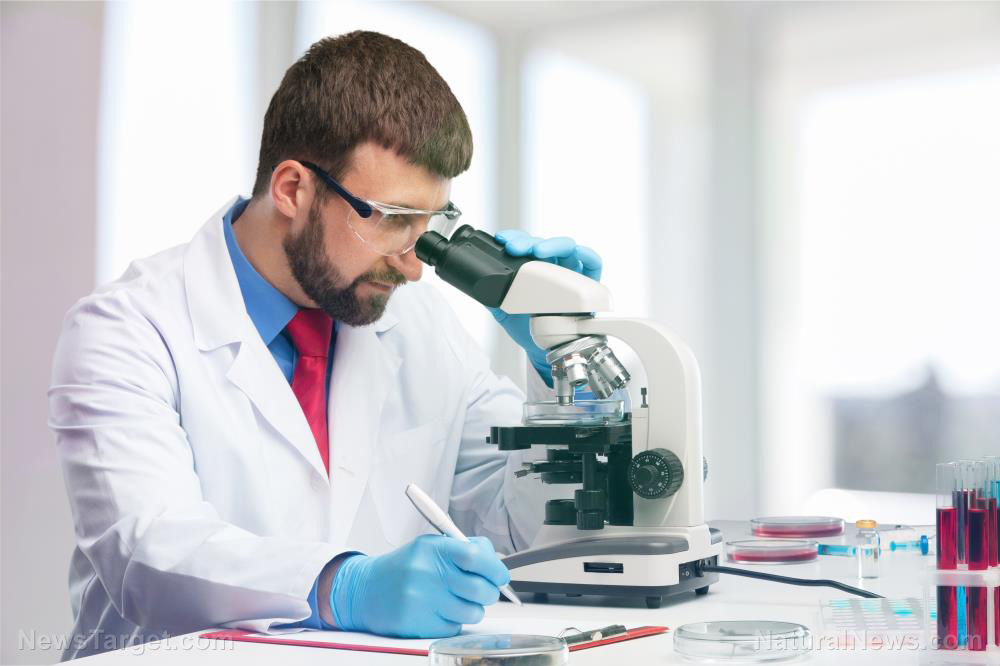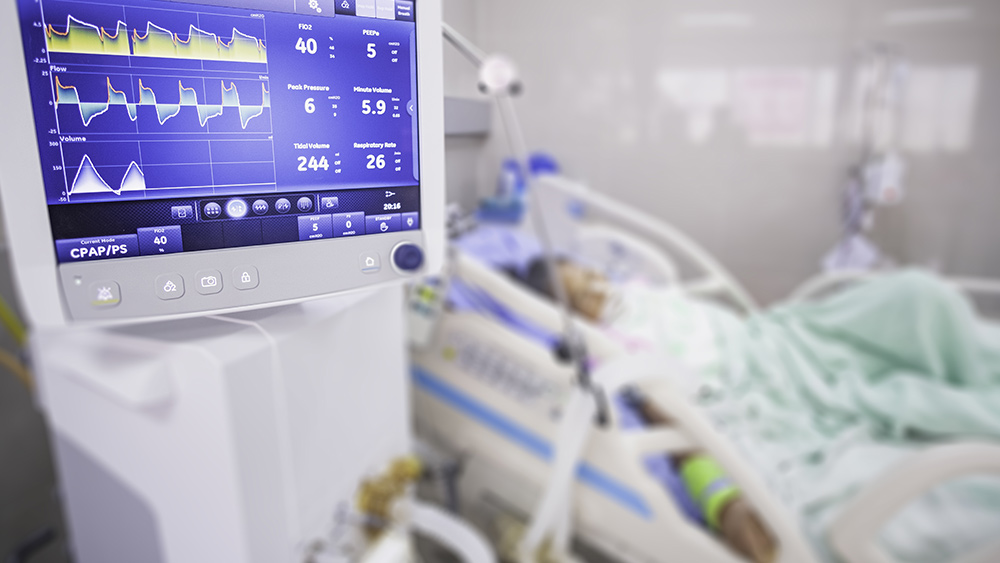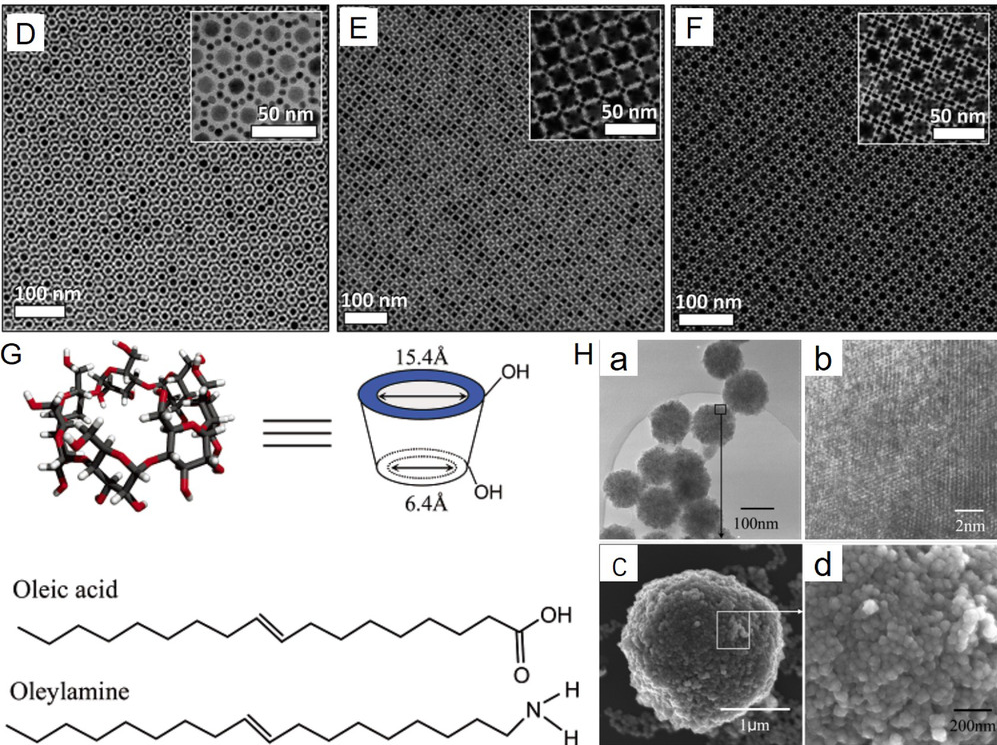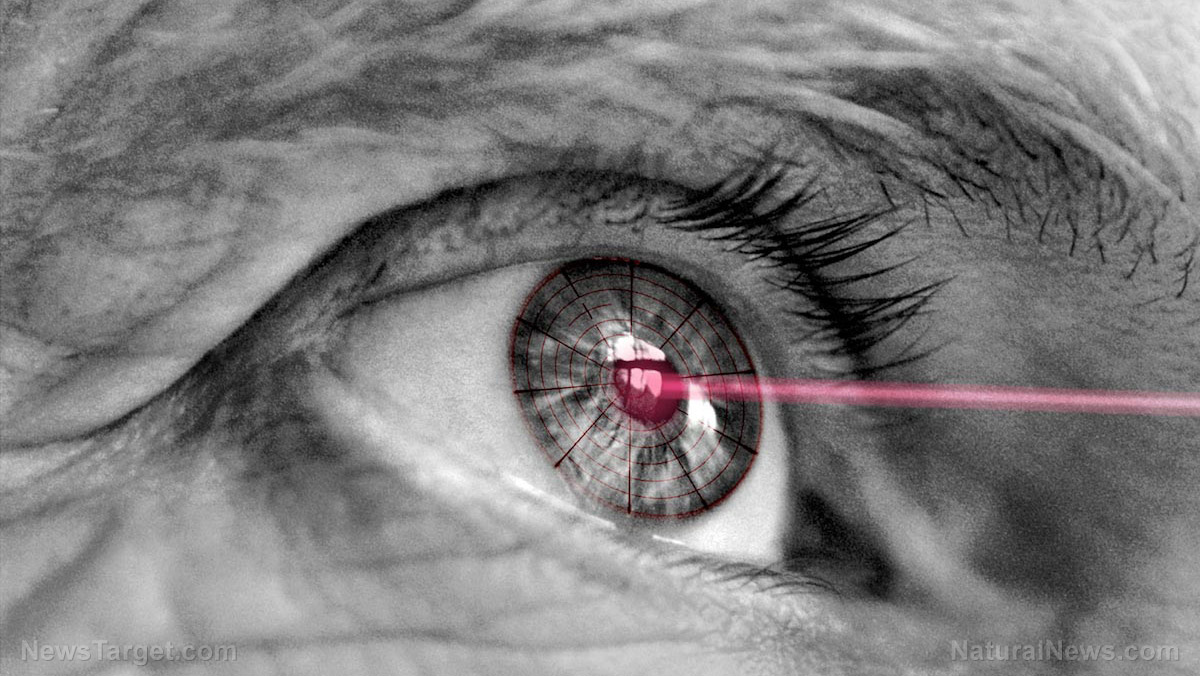Rapid antigen tests for COVID-19 running out ahead of holidays
12/21/2021 / By Cassie B.

Home rapid antigen tests for COVID-19 infections are in short supply around the world as people come to the harsh realization that vaccines aren’t stopping the spread of the virus.
President Biden announced in a speech today that he will be sending 500 million free coronavirus tests to the homes of Americans who request them in an attempt to try to curb the virus. However, the test will be distributed through a website that the government is setting up and delivery won’t begin until January, well after the holiday travel season has mostly ended.
It is not yet known how many tests each household will be able to request, nor is it known how Americans who do not have internet access will be able to obtain them.
Yesterday, the CDC announced that the omicron variant now accounts for 73 percent of the new coronavirus cases being detected in the U.S., representing an almost six-fold rise in the variant’s share of infections in just one week.
The U.S. has come under fire for being unable to keep up with the demand for tests and failing to make tests as cheap and easy to obtain as they are in the U.K. and other countries. Epidemiologist Michael Mina told USA TODAY that the FDA has been regulating the tests as medical devices rather than public health tools. This requires companies to carry out expensive, drawn-out clinical trials, making it harder for Americans to get our hands on these tests. Only a few manufacturers currently have kits available in the country compared to other places.
The drugstore chain Walgreens recently limited purchases of at-home COVID tests in its stores to just four per customer as demand surges ahead of the holidays. A Walgreens spokesperson said that they’ve seen an unprecedented rise in demand since Thanksgiving that has continued through the week of Christmas. CVS Health is also experiencing higher demand and is doing its best to replenish supplies as quickly as possible.
Tests hard to find in many parts of Australia
In Australia, tests are sold out in many shops and online. Ten of the 15 home tests available there are manufactured in China, and experts have warned that the rapid antigen tests can provide people with a false sense of security.
Professor Peter Collignon of the ANU Medical School said that tests only pick up around 50 percent of cases in people who are asymptomatic. In people who are suffering symptoms, however, he said the tests were 80 to 90 percent effective.
Another infectious disease expert, Robert Booy, said that rapid tests are only around 70 percent effective when it comes to determining positive cases. Repeated testing may provide a better chance of finding an infection and can improve the quality of the results.
Rapid antigen tests have become the must-have item of the season in Australia and elsewhere as people test themselves ahead of holiday parties and gatherings.
Pharmacy owner Jacinta McDonald told The Sydney Morning Herald: “They are flying off shelves like hand sanitiser and toilet paper did last year. People who have got people coming for Christmas and New Year are putting them in the cupboard and asking people to test prior to coming to their house for events, so that they can keep everyone safe.”
With lines for PCR tests there hours long, the home tests are the only practical option for people who want to ensure they aren’t infected before going somewhere that they may spread the disease. Some customers have said they’ll cancel holiday gatherings if they can’t get their hands on the tests, while others are offering to pay extra to obtain them.
The huge demand for these tests is a stark reminder of just how much these vaccines are falling short and just how little reassurance a vaccine passport can actually provide these days.
Sources for this article include:
Tagged Under: big government, Big Pharma, chaos, covid-19, covid-19 tests, FDA, infections, omicron, outbreak, pandemic, panic, pharmaceutical fraud, rapid antigen tests, vaccines
RECENT NEWS & ARTICLES
COPYRIGHT © 2017 MEDICALTECH.NEWS


